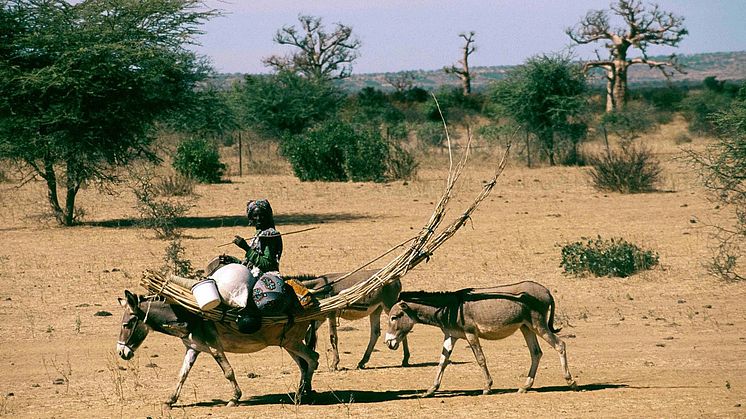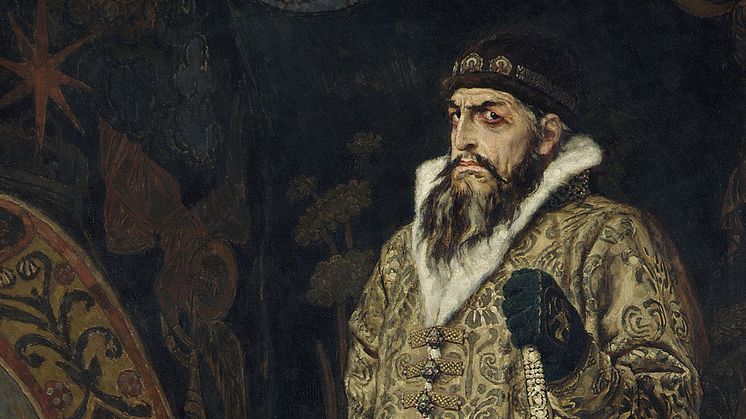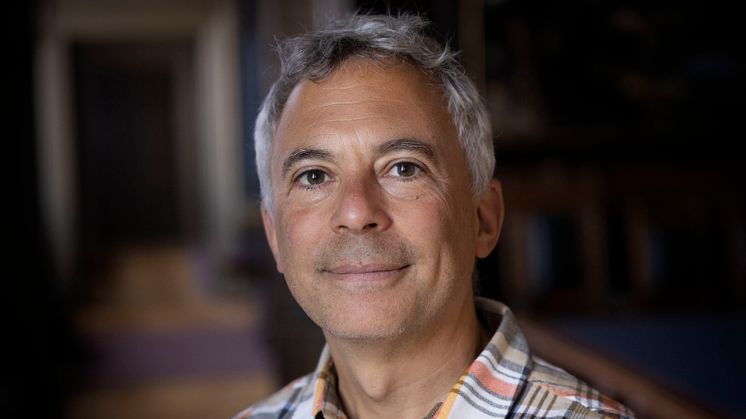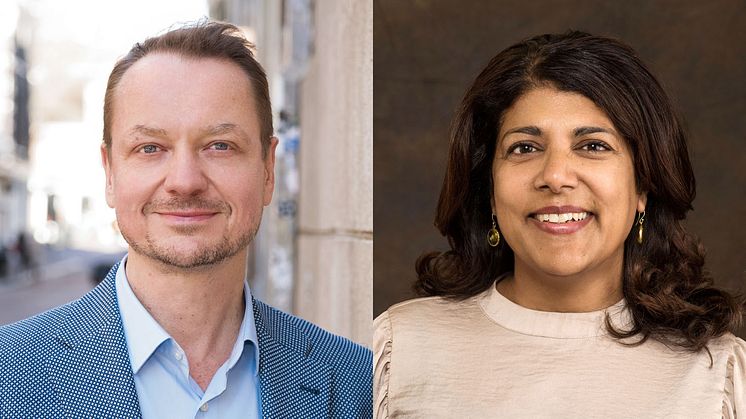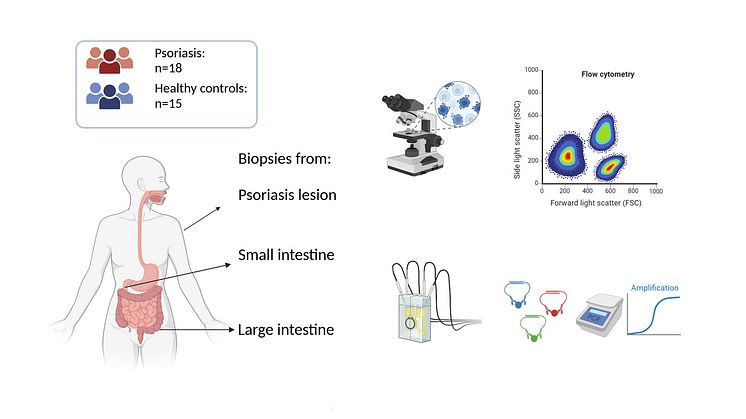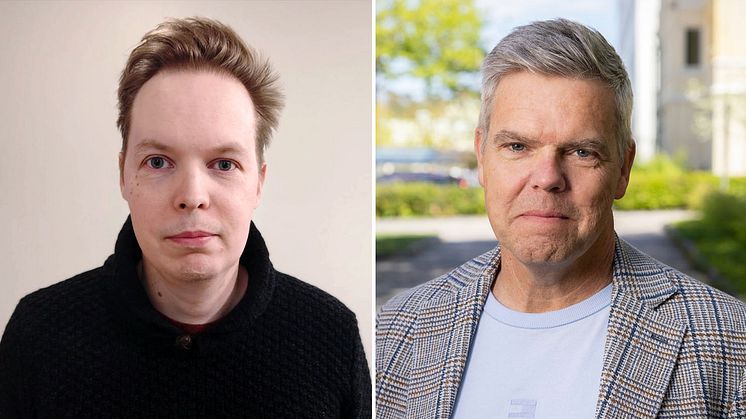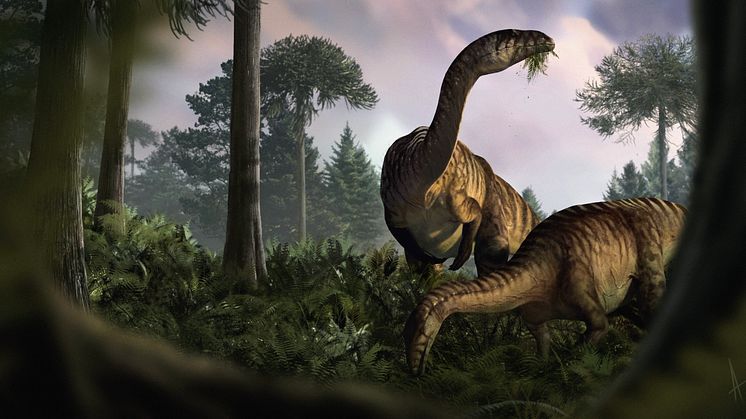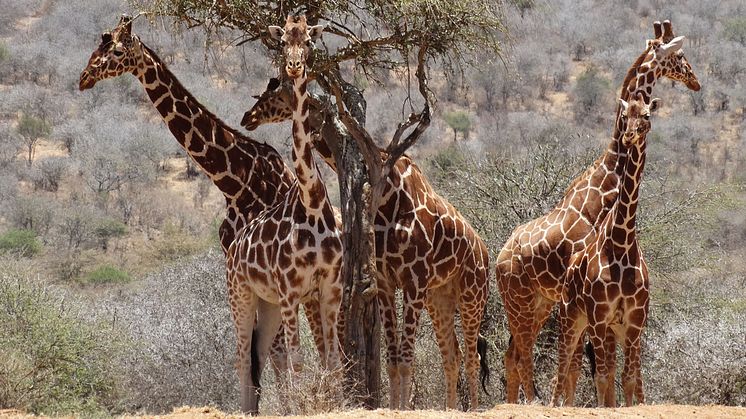
Unexpected discoveries in study of giraffe gut flora
The gut bacteria of giraffes are not primarily determined by what they eat, but by the species they belong to. This is shown in a new study from Uppsala University and Brown University in which researchers have analysed the link between diet and gut flora in three giraffe species in Kenya. The study also provides new knowledge that can help secure the food supply of endangered giraffe species.

